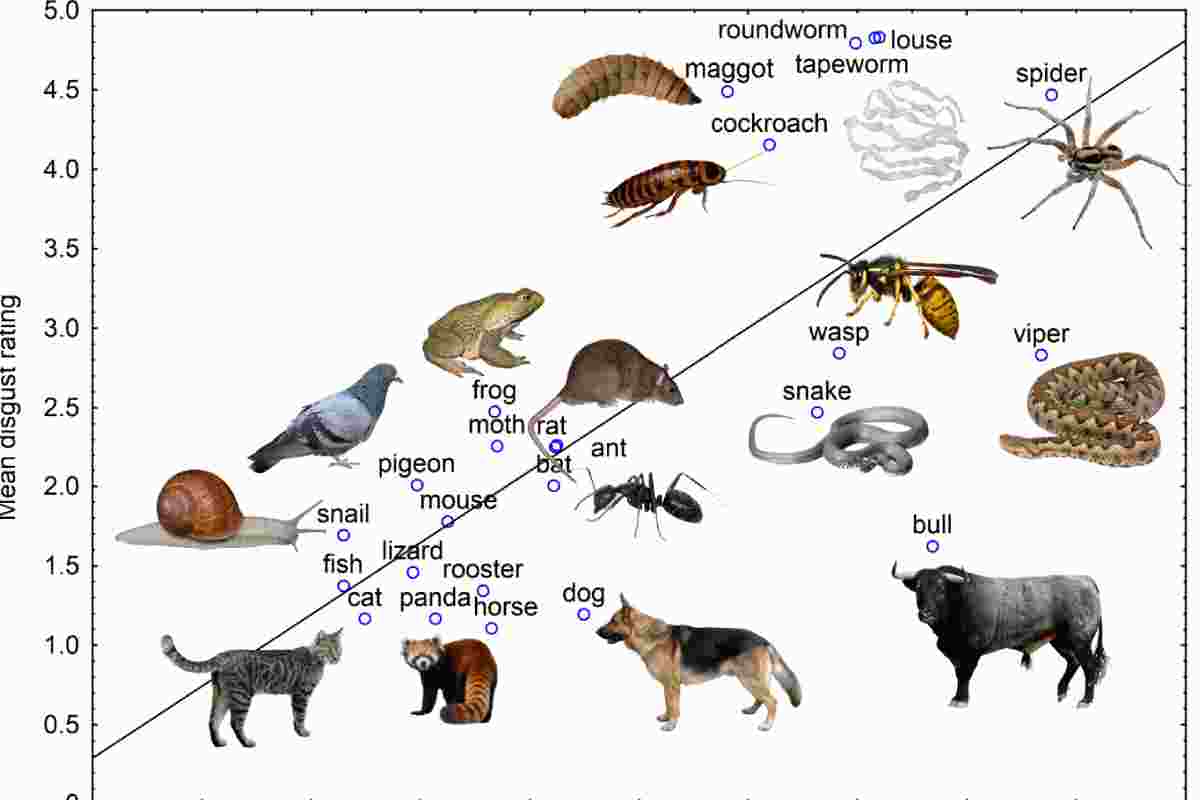Phobias usually get stem up due to having a negative experience or a bad exposure to a certain thing. This experience creates a constant fear in the mind which one can feel when the person is again exposed to a certain thing.
This results in getting a panic attack or something that triggers the mind to stay away and have fear of it. Phobias are always linked to the psychological aspect of a human. It Is the constant fear of something which causes the mind to behave in a certain way and have some physical changes added to it.
Psychologists have always considered phobia to be genetics. Like for instant one of the parents is scared of lizards, this might get transferred to the child as well. Sometimes even the child picks it up from the parents while growing up.
Table of Contents
What is an Animal Phobia And How Does It Affect One?
Animal phobias are generally one of the most common types of phobia. This occurs to every 1 out of 5 people. This phobia ranges from dogs to elephants and from rats to rhinos to even insects like spiders, lizards etc. Typically linked from experiences in early life, be it picking up from either of the parents, friends, or personal experience.
The associated stress comes from the constant fear of the particular animal when it comes to direct contact. Animal Phobias can also generate from listening to stories as a child, like a grandmother while feeding the grandchild may have phrased it like ” eat the food soon otherwise a lizard will come crawling towards you” this might be funny and normal but it can negatively impact a child’s brain creating some fear which may last until the child grows up and dies as old.
Zoophobia is termed as the fear of animals. There are several other phobias too coined up for the fear of certain animals like Ophidiophobia- fear of snakes. Here the person or the child lives in constant fear of giant or venomous snakes biting, crawling up to them. From the fear of spiders, bees, dogs, insects, fish, mice, rats and birds an animal phobia can relate to anything. To name a few but these are phobias related to animals.
Symptoms of Animal Phobia:
The elders, when experiencing an animal phobia do show up certain symptoms like:
- A constant feeling of uncontrollable fear or anxiety when coming in contact with a certain animal or even thinking about it.
- Trying to avoid the fear but still failing it. Sometimes the person knows the fear is useless, still unable to control the feelings.
- Being still and not functioning at all when exposed to the animal.
The state of panic, fear and anxiety may lead to some changes in the behavioural pattern like:
- increased heart rate
- shallow or fast breathing
- sweating
- chills
- trembling or shaking
- numbness
- a dry mouth
- dizziness
- nausea
- confusion
While Children with Animal Phobias may experience a deep level of anxiety and fear which may lead to:
- crying
- screaming
- throwing a tantrum
- physically clinging to a parent or the companion
- being still or silent
Treatment
The two best therapies to deal with Animal Phobias are Exposure therapy and CBT. These two therapies help the child or person in getting over the constant fear completely or in some cases to some extent.
Exposure therapy
Thai therapy is regarded as the best one to deal with the phobia of animals. Exposure therapy helps people in confronting their fears while eradicating the constant fear and anxiety related to them. This requires the help of an experienced therapist or mental health professional.
Cognitive-behavioural therapy
This therapy is another most effective treatment for animal phobia. CBT focuses on identifying the source of the fear and meanwhile altering the irrational thoughts and beliefs associated. The therapist talks to the affected in sessions to clear out the trauma or anxiety. This changes the irrational and negative impacts to positive henceforth curing the person.
Lastly, fears, anxiety, dilemma and trauma are all part of life. Nothing should be given the freedom to rule the lives and make it a bad place to live. Although nothing comes forcefully but still every day a little try from the affected person to overcome the fear is nothing but applaudable.
If You’re Interested, Check Out This Article:
We have provided you with information on Phobias Related To Psychology and an Animal Phobiai; nevertheless, if you’re curious to learn more about Phobias Related To Psychology and an Animal Phobia, you can read the following articles:
phobia | psychology – Britannica
Phobias | MentalHealth.gov
Figuring out phobia – American Psychological Association
Phobia Symptoms, Types, and Treatment – Verywell Mind
According to the American Psychiatric Association, a phobia is an irrational and excessive fear of an object or situation.
Overview – Phobias – NHS

